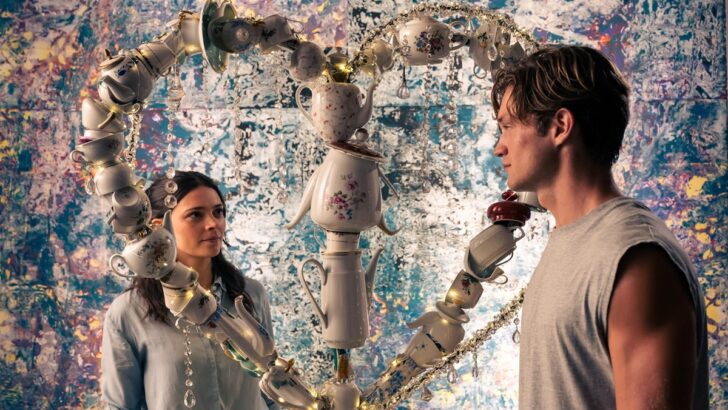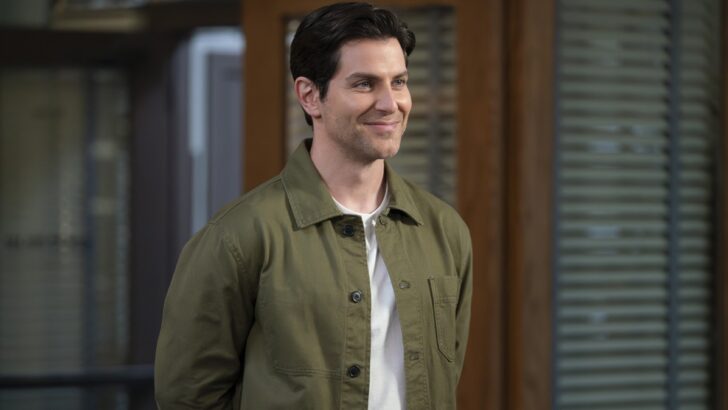One thing that’s been enjoyable about Prime Video is how committed it has become to the Young Adult drama.
Through a series of adaptations and imports, they’ve cultivated a niche in the Young Adult market, becoming one of the last remaining go-to providers with a variety of content serving the genre and that demographic.
A prime example of this has been the massive success of The Summer I Turned Pretty, which ushered in this era of focus. However, Prime Video has succeeded in expanding its scope to the international market, and Maxton Hall is proof.
TSITP Is a Cultural Moment, But Not a Great One
It’s been a phenomenon of its own, record-breaking in its impact, and one of the streamer’s biggest success stories. It’s a global sensation.
Ironically, it doesn’t always feel as if Prime Video promotes it to the same extent as The Summer I Turned Pretty, perhaps because it’s part of the International slate. Nevertheless, it’s a crying shame.
Because while we spent all summer long bickering, dissecting, and passionately debating about The Summer I Turned Pretty (including yours truly with weekly commentary on that lackluster final season), Fall has brought us what is inarguably Prime Video’s best YA offering currently airing.
The Summer I Turned Pretty had a certain appeal with its beachy, summery vibes, its coming-of-age elements, and the allure of watching Belly choose between two brothers.

TSITP’s Storytelling Collapsed Under Its Own Hype
Of course, by the end, we knew it was never much of a choice. The series stayed faithful to the books to its detriment, which often hampered the final season’s ability to tell a cohesive love story that truly hit the mark.
Conrad was the popular choice, with collaborative efforts pushing him upon us as the “ideal,” even when the narrative itself didn’t adequately support it.
And thus Conrad Fisher, more Beige Flag than Green (sorry, People), emerges as the victor of Belly’s heart in a final season that never adequately builds up to its coveted love story and Bonrad’s endgame.
TSITP fumbled at the finish line, so full of itself and own hype that it knew it could get away with that. Dangle a Bonrad Movie in front of the masses, and suddenly, everyone’s appeased and can ignore how the series spent too much time telling and not showing.
And yet, TSITP and the phenomenon behind the series were undeniable. People of all ages and walks of life were locked in and had something to say. It was a watchable, addictive, and entertaining series you couldn’t turn away from.
Was it actually good or just popular and fun? Well, I tend to lean toward the latter sentiment.
Maxton Hall Delivers Cultural Phenomenon and Quality
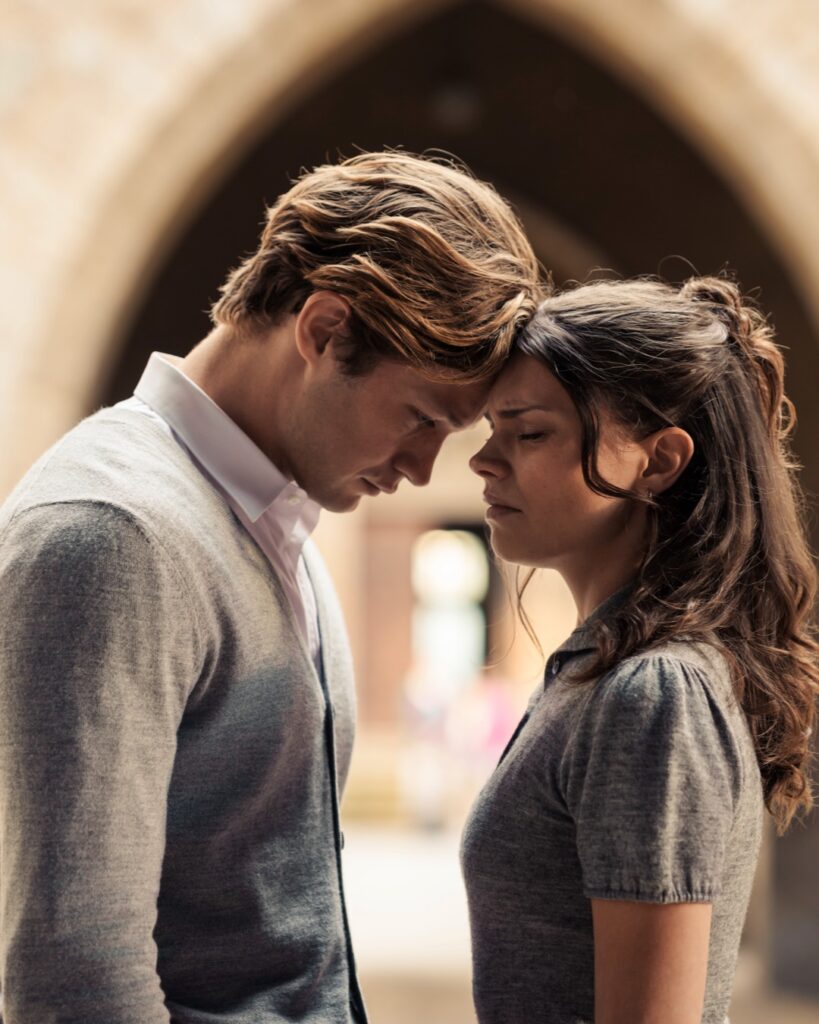
The best justification for my stance is comparing the show to the next Young Adult offering on the streamer that follows it.
Maxton Hall is exactly what the young adult genre should be. With a shortened season, it is already nailing the pacing in a way that TSITP couldn’t dream of (even with an extended season, it botched).
All it takes is tuning into Maxton Hall’s Season 2 premiere to grasp almost instantly that it’s by far the superior show.
The show is blessedly devoid of a love triangle, which became TSITP’s Achilles Heel as the series progressed. But outside of that, the two shows address many of the same themes while presenting viewers with what amounts to a coming-of-age story and romance wrapped in one.
It merely took the first episode of Maxton Hall’s sophomore season to remind me of just how much stronger the series is.
While similar and sharing the same criticism for catering to demographics looked down upon (young adults and women) in a genre that many don’t take seriously despite its success (romance), the two shows are lightyears apart in quality.
It sucks to have to admit it, but the Europeans have dusted us in this regard.
Two Shows, Similar Themes — Worlds Apart in Execution
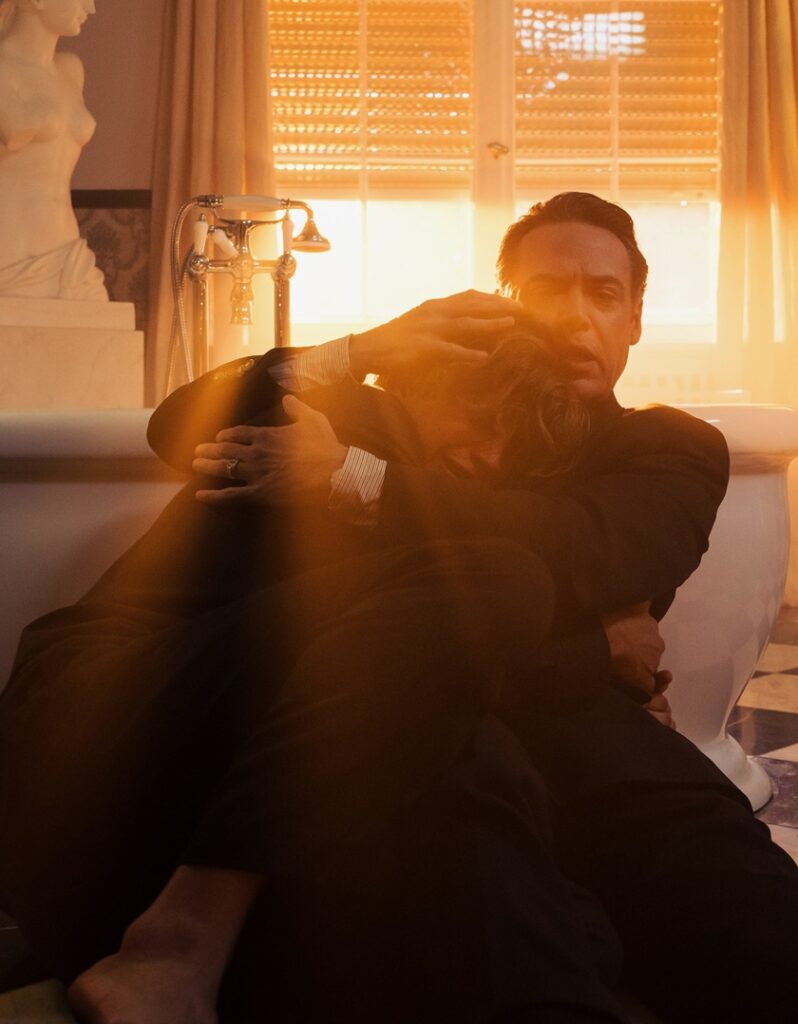
Interestingly, Maxton Hall has similar themes to The Summer I Turned Pretty, but handles them with a more nuanced tone that balances out the series as a whole.
For example, the death of a parent.
We have James and Lydia Beaufort reeling from the sudden loss of their beloved mother, the one parent whom they loved best and felt the most “seen by.”
Ultimately, it results in the two grieving in totally different ways, but Maxton Hall gives them BOTH equal space to do this.
James is obviously at the center of Maxton Hall as the romantic male lead to Ruby, and yet, Maxton Hall never strips Lydia of her own grief and pain for the sole purpose of propping up his.
There’s never a minute when viewers don’t grasp and sympathize with both characters for losing their mother or understand the gravity of what that death means as far as how it impacts their family structure.
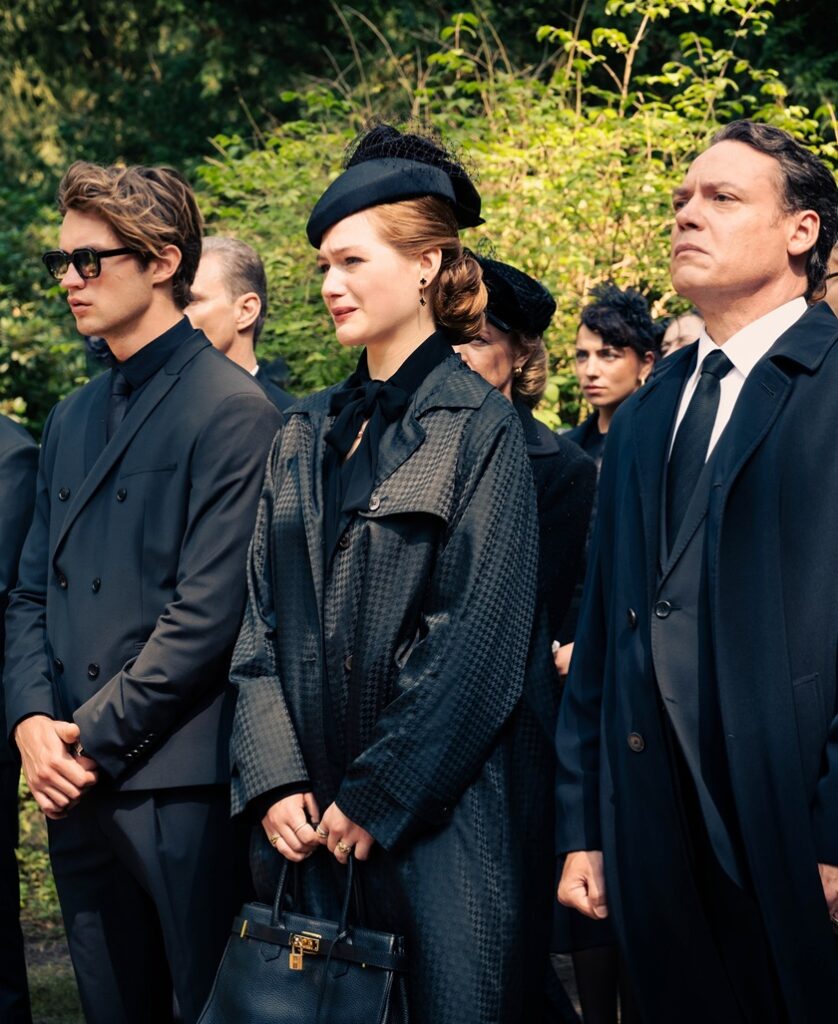
Lydia’s grief is more internal, but there’s a compelling element to her not having her mother around as she potentially embarks on a path toward motherhood herself.
And the series doesn’t shy away from the fact that she’s frustrated at times over having to ultimately babysit her brother’s emotions while she’s grieving as well.
Maxton Hall acknowledges this outright, unafraid to challenge its coveted male lead within the narrative. James is no less sympathetic even at his absolute worst when he’s lashing out or pushing people away.
The series gives him the space to be messy in his grief, yes, but also holds him accountable for how he chooses to deal with it.
Maxton Hall Gives Both Siblings and Their Dynamic Equal Weight to Central Romance

Lydia still has a support system, finding her own bit of solace and comfort in a healthy group of friends, including Ruby, as she navigates these difficult times without the support of her father.
It’s such a drastically different approach than how TSITP opted to handle the Fisher brothers’ grief.
Sadly, too often, Conrad’s grief became this crutch and justification for everything that he said or did. And there was this underhanded notion that somehow his grief over losing his mother was more prominent and deeper than that of Jeremiah.
The latter, to this day, never actually had the space to sit in his own grief or express much of it onscreen. TSITP treated this arc as if there was nothing of worth to explore, which is just unfortunate.
James and Lydia also have one of the most compelling sibling dynamics currently on the air. They seem to be a dying breed for shows to depict.
While there are similar issues in that Mortimer, their father, openly favors James over Lydia, it never really gets in the way of the strong dynamic the Beaufort siblings have with one another.
Familial Love is Just as Compelling as Romantic Love

It’s one of the show’s strongest relationships.
Despite Ruby being James’ love and Lydia’s best friend, she’s never actually at the center of the Beaufort bond, and there’s never a doubt that these two siblings love each other deeply and would go to the ends of the earth for one another.
TSITP spent so much time portraying the Fisher brothers as antagonists to one another or emphasizing their brotherhood in terms of obligation and duty rather than love, that it was off-putting. It indeed became one of The Summer I Turned Pretty’s worst sins.
TSITP never cared to develop the brotherhood beyond the love triangle. It used the latter to completely consume the series at the expense of all other narratives, resulting in this imbalanced storytelling that never really works.
Whenever people pointed out this aspect of TSITP, the resounding response was that the show is a love story first and foremost; however, Maxton Hall is a prime example of how a romance can be at the center of a narrative without wholly consuming it.
And it works out so much better this way, doesn’t it?
Understanding the Assignment: Maxton Hall Allows Its Characters to be Complex, Not Perfect
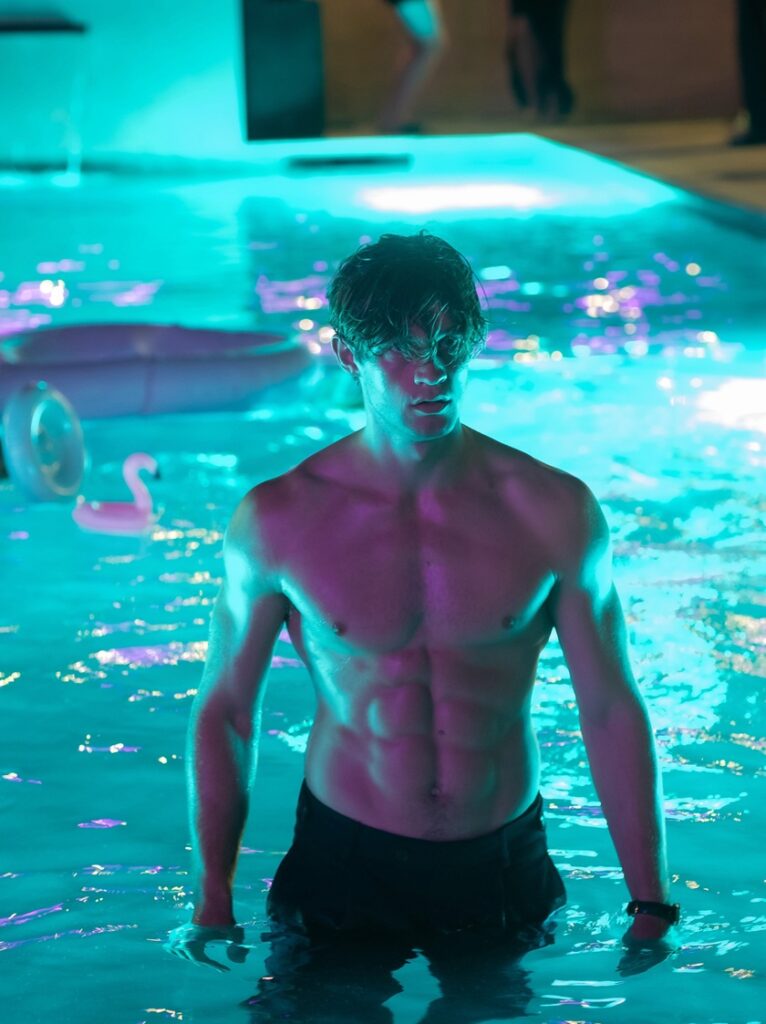
Maxton Hall trusted its viewers to still love James as he grieved, and it had no interest in downplaying that he was a flawed person. Ultimately, that’s what makes him such a gripping character to watch, so much so that we had to name him one of our Characters of the Week.
Maxton Hall trusts a talented Damian Hardung to capture every nuance the script offers, and it translates in a way that’s so raw and riveting without ever cutting corners.
It’s a far cry from TSITP’s approach, which is so scared to depict Conrad as anything other than “perfectly flawed” that it robs the character of any real depth and substance.
Ruby extends James the grace that he needs and deserves after the death of his mother, but it also does not come at the expense of her own boundaries and sense of worth. Maxton Hall reinforces the idea that there’s space for her to sympathize with his loss while still being upset by how much he has hurt her, too.

And as a young female protagonist, there’s no overstressing the importance of Ruby telling James that it’s not her job to make him happy or save him.
These are things that some shows, just like TSITP, lay at the feet of their female protagonists— something Belly experiences with both Conrad and Jeremiah.
On Maxton Hall, Ruby isn’t “saving” James; she pushes him to save himself for himself. It’s advice that he heeds, and Maxton Hall treats his mental health journey with genuine care and importance because we actually get to see it.
TSITP Makes Therapy an Offscreen Fix, Maxton Hall Uses it as a Tool for James’ Evolution
We see James doing the work in therapy; it’s not just these things that eluded us without us seeing the fruits of that labor, something TSITP completely fumbles with, as seen with Conrad.
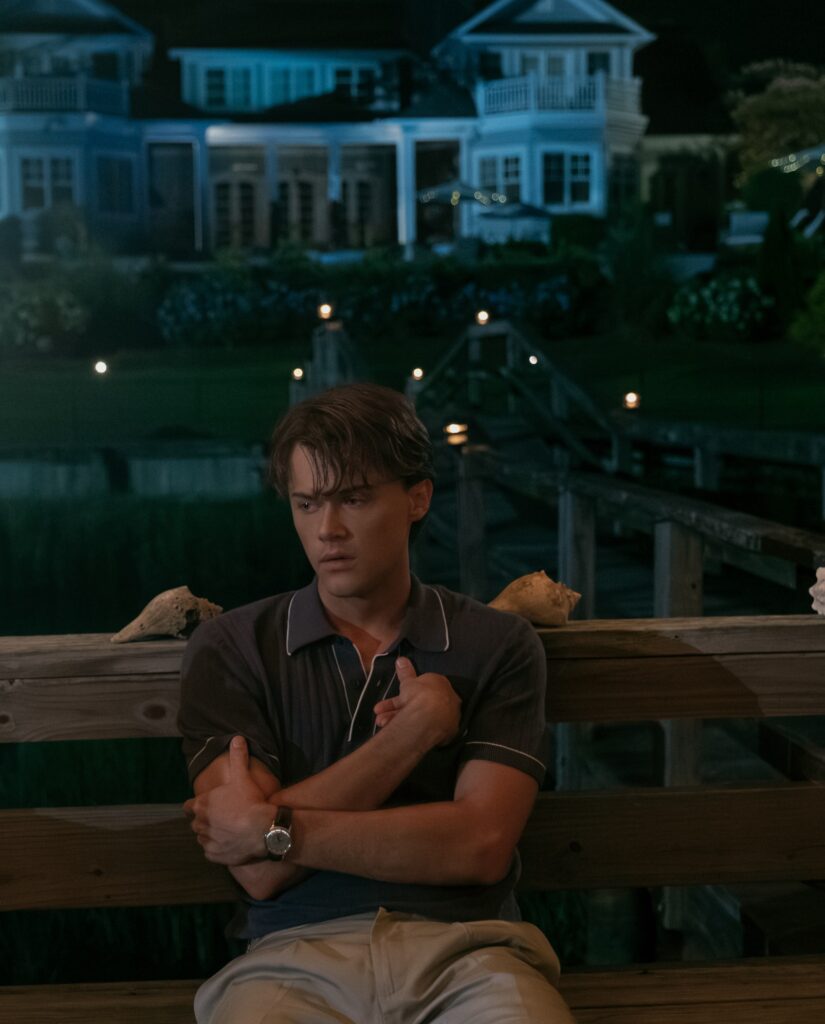
The Summer I Turned Pretty treats therapy like a quick fix that can take place entirely offscreen, because the primary goal isn’t even Conrad’s mental health, but instead moving him around on the chessboard to reach their coveted endgame.
Maxton Hall treats James as the individual character that he is, one who exists outside of his romance with Ruby and deserves in-depth development and exploration. And we get to see the results of that in an organic way, namely as he openly discusses mental health in a public setting.
It’s not something that he only reserves for Ruby, because in doing that, it would explicitly tie his evolution to her and her alone, which would be a disservice to his character.
This is precisely where TSITP faltered — by telling us Conrad was evolving and prioritizing his mental health for himself rather than showing us or even distinguishing that journey from his dynamic with Belly.
Maxton Hall also allows Ruby to have her own agency and space in all of this, too. She gets to set the pace for her relationship and how much or little she wants from James.
And he respects her boundaries, trusting that Ruby knows what is best for herself rather than stripping her of that, obliterating her boundaries, and implying he somehow has a better handle on what she wants or needs than even she does.
Conrad Fisher could NEVER.
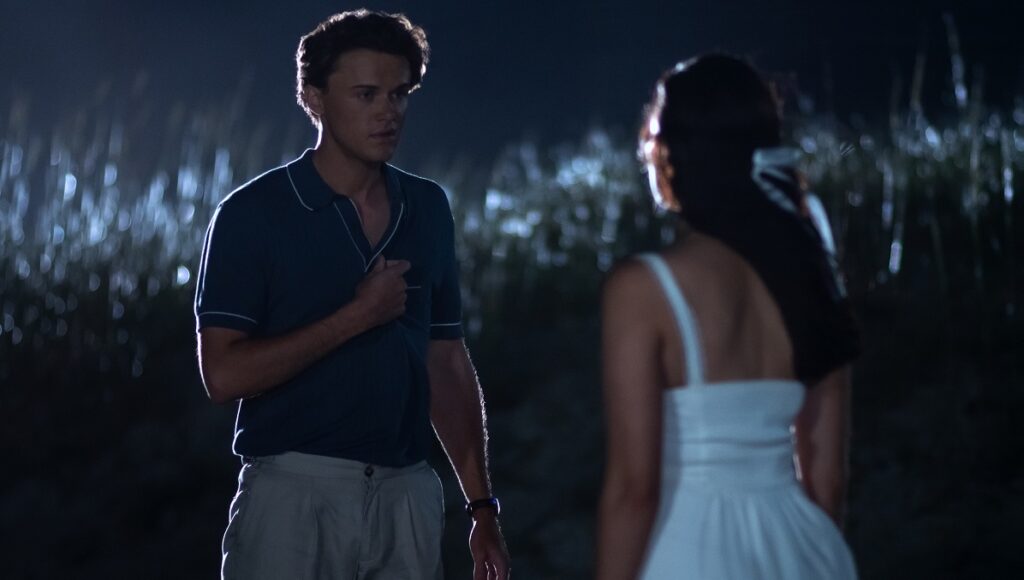
A Love Story That Doesn’t Consume the Narrative or Hijack Character Growth? Imagine!
With Maxton Hall, it’s evident that there’s a genuine love for both main characters and an interest in giving them well-rounded stories beyond just what they are to each other as a unit.
The show strikes the necessary balance in delivering arcs that set both on their own path of self-discovery, thus granting us a coming-of-age story that doesn’t just consist of one person’s narrative at the expense of others.
And Maxton Hall takes care to develop its secondary and tertiary plots, along with supporting characters, as much as its primary romance.
By not tying either James nor Ruby exclusively to one another, we delve into their family dynamics and friendships, understand their goals and desires beyond the endgame, and generally have a much richer and layered story as a result.

These are all things that TSITP lacked, and it takes comparing the two to see just how much the beachy series suffered in that regard.
Maxton Hall understands that the journey to make Ruby and James a happy, healthy, and beautiful romantic couple is what makes their story so worthwhile.
They’re not shortcutting us on a love story; they’re carefully and painstakingly building it.
It’s the romance genre done right — it certainly is the young adult genre done right.
Maxton Hall Is a Coming-of-Age Story and Romance with Better Storytelling
Thus far, we’re seeing how Ruby and James enhance each other’s lives, rather than overtake each other’s lives. They’re additions for one another, not substitutions.
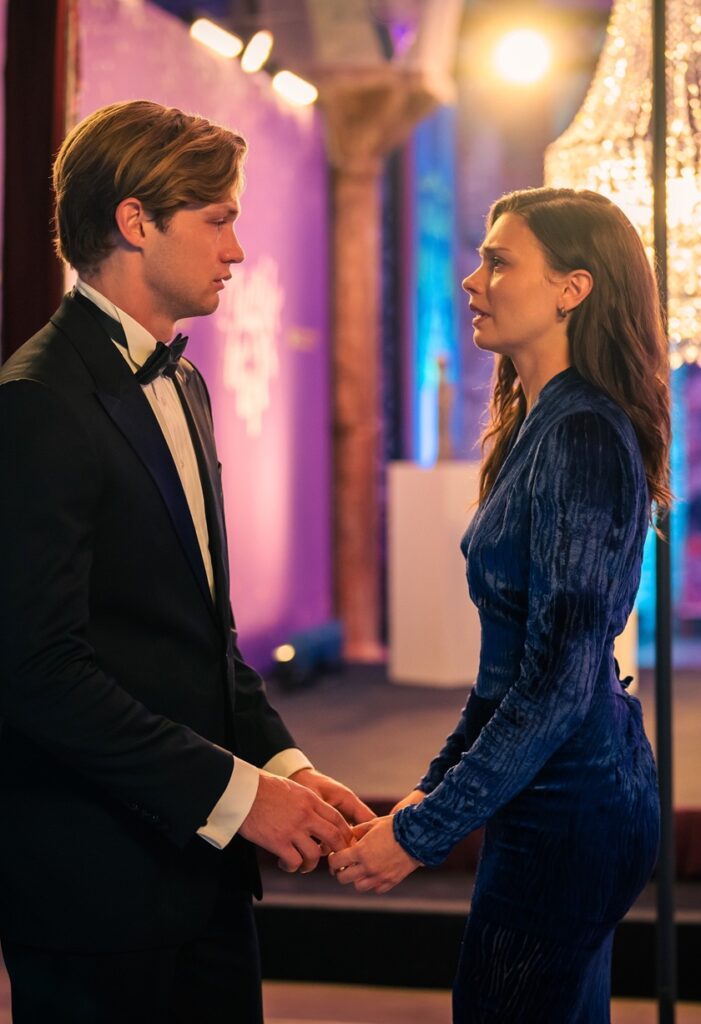
Maxton Hall’s return has served as a reminder of the series’ original allure. It has a much stronger, well-rounded script, character development that’s satisfying and interested in building a proper story rather than marking key moments off a list.
And the acting and performances are beyond reproach.
Maxton Hall’s cast doesn’t just mimic the script; they bring it to life, elevating what’s on the page and delivering an experience that feels immersive and riveting. That’s no small feat for young talents.
When it comes down to the genre, it’s hard not to compare. The Summer I Turned Pretty was a phenomenon this summer; everywhere you looked, you saw something tied to it.
And it’s undoubtedly a fun series. The hype and contentious ship wars aside, it was amusing.
But Maxton Hall is everything The Summer I Turned Pretty tried but failed to deliver. It’s quieter, but more impactful, and it certainly takes the crown.
Still here? You’re our kind of people.
Drop a word in the comments or share this with a fellow fan — it’s the best way to support indie TV coverage that actually cares about the shows.
Characters of the Week: Chicago PD, Maxton Hall & NCIS: Origins Bring Breakdowns, Breakthroughs & Breathtaking Performances
From heartbreaking breakdowns to triumphant breakthroughs, this our Characters of the Week absolutely floored us. Find out who made the list!
Maxton Hall Season 2 Is a YA Drama Masterclass — Powerhouse Performances, Riveting Themes & an Unmatched Love Story
Maxton Hall — The World Between Season 2 kicks off with a devastating, raw, and beautiful exploration of grief and growth amid James and Ruby’s love story. Our Review!
Characters of the Week: Fierce Women & Charismatic Men — High Potential, Doc, and Gen V Deliver!
Heroes, villains, and everything in between — our Characters of the Week are bringing the drama and stealing scenes.
From Phenomenon to Cash Grab: Why a Bonrad Wedding Alone Can’t Sustain a TSITP Movie
Jenny Han teases a Bonrad wedding in The Summer I Turned Pretty movie, but without the love triangle drama, is it just a cash grab?
The Summer Belly Gives Into Fantasy, Nostalgia & The Illusion of Growth
Nostalgia, fantasy, and the illusion of growth — The Summer I Turned Pretty finale reunites Bonrad with an ending” that still feels unearned.
TV Fanatic is searching for passionate contributors to share their voices across various article types. Think you have what it takes to be a TV Fanatic? Click here for more information and next steps.
The post The Summer I Turned Pretty Who? Maxton Hall Is the Superior YA Romance — And It’s Not Even Close appeared first on TV Fanatic.


